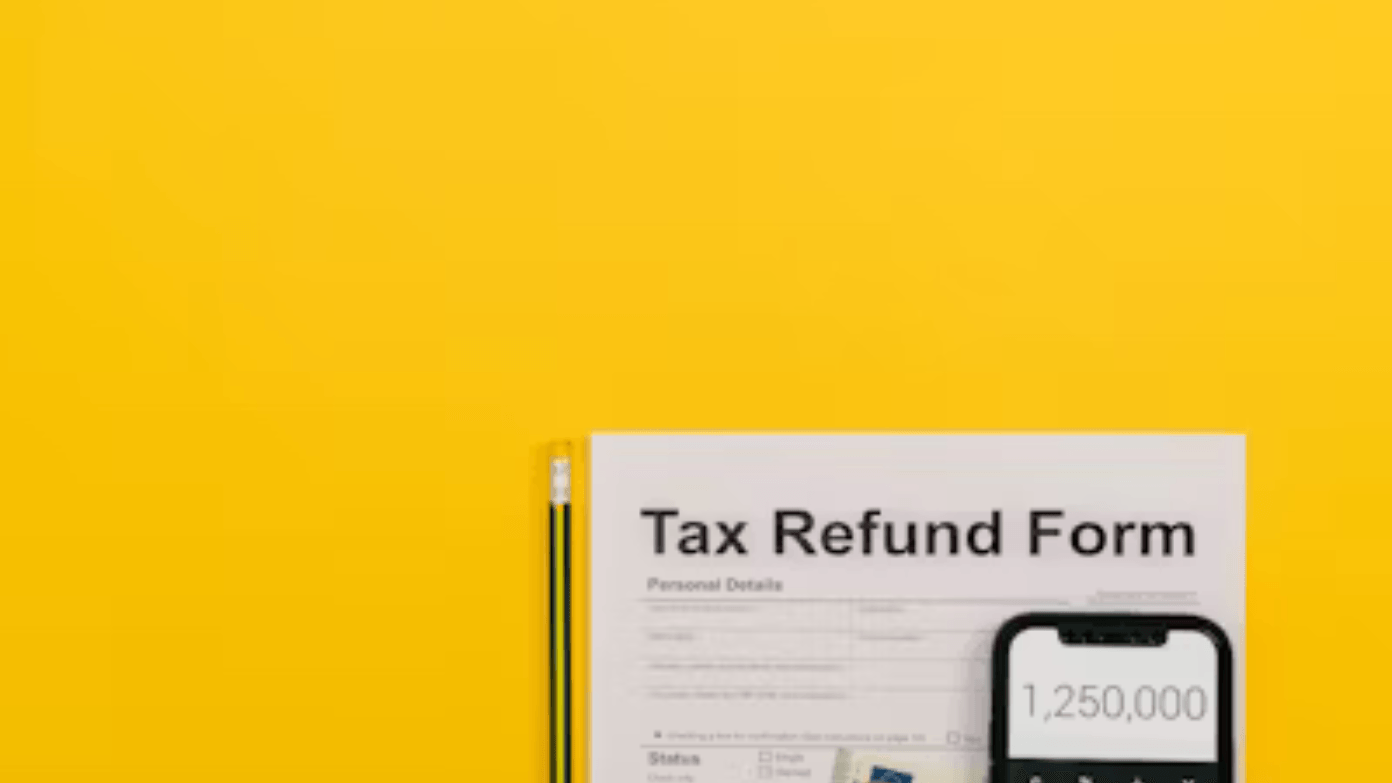President Donald Trump has stunned everyone with a proposal of rebate checks for American taxpayers, paid out of the record tariff revenues accumulated by his government directly. The proposal, aimed at mitigating the impact of higher import duties, would put money in the hands of millions—if income and legislative hurdles are met.
An increase in tariff revenue
The U.S. Treasury has raised more than $100 billion in tariffs in the form of import charges on foreign products since early 2025 and could be worth up to $300 billion annually if the current rates are sustained. Tariffs, imposed indiscriminately under the International Emergency Economic Powers Act as well as Section 301/232 authorities, were intended to use trade policy but also passed on added expenses to companies and consumers.
Speaking to reporters outside the White House on July 25, 2025, Trump noted, “We have so much money coming in, we’re thinking about a little rebate” and added, “A little rebate for people of a certain income level might be very nice.” The concept is to draw from the influx of tariff revenue to issue rebate checks akin to past stimulus payments.
Funding source and tariff revenue
- Treasury accounts set over $100 billion in tariffs collected in just the initial half-year of 2025 alone, with July receipts alone totaling over $27 billion.
- Rebates offered would in effect recycle some amount of this money back to the taxpayers rather than leaving it on hand for deficit reduction or other purposes.
- Trump stated that, while putting the repayment of national debt first, the checks would be able to provide rapid relief to families struck by increased expenses.
Eligibility criteria: Means-testing and income thresholds
Trump indicated rebates would go to Americans “of a certain income level,” indicating a means-tested program but not yet defining thresholds. Expect:
- Income thresholds as in previous stimulus plans—i.e., single filers up to $75,000, joint filers up to $150,000.
- Phase-out ranges to gradually decline rebate levels for affluent earners.
- Higher income group exemptions in order to direct benefits to middle- and lower-income families most harmed by tariff-spurred price increases.
Legislative challenges: Congressional approval required
Under Article I of the Constitution, federal funds can only be appropriated through Congress. Any tariff rebate program would have to pass through:
- Authorizing Legislation—to authorize the use of Customs revenue for direct payments.
- Appropriations Bill—to appropriate rebate checks in actuality.
Senator Josh Hawley (R-MO) has already indicated he’ll propose legislation to issue rebate checks to every working American, basing it on Trump’s tariff revenue comments. No legislative details or timing have been presented, however, and congressional leaders are cautious because of concerns about deficits.
Economic implications
Supporters of rebate checks argue they would:
- Offset additional consumer expenditures caused by tariffs.
- Spur economic growth and consumer spending.
- Reduce political resistance to tariff policy.
Critics counter that:
- Inflationary strain may be exacerbated if consumers all at once are more prosperous while supply shortages persist.
- Deficit effect can be exacerbated, with the highly more than $36 trillion federal debt burden that must be handled prudently fiscally.
- Issues of targeting and distribution can put payment back and involve administrative challenges.
Even though Trump’s rebate concept remains in proposal status, the unexpected surplus of tariff income has reopened debate over unconventional uses for Customs funds. Look for the following to occur:
- Publication of legislative text by Senators Hawley or others.
- Committee hearings on tariff-financed rebate constitutionality and structure.
- Treasury and OMB reports on budgetary effect and distribution mechanisms.
If passed, direct deposit one-time rebate checks could be sent out by the IRS to tens of millions of Americans making under the levels of income outlined, most likely later in 2025 or early in 2026. Meanwhile, families can count on this to be a lifeline option if Congress and the White House sign on to the idea.
Read more: Can I deduct gambling losses on my taxes?
Read more: How do you determine if a worker is an employee or an independent contractor?

